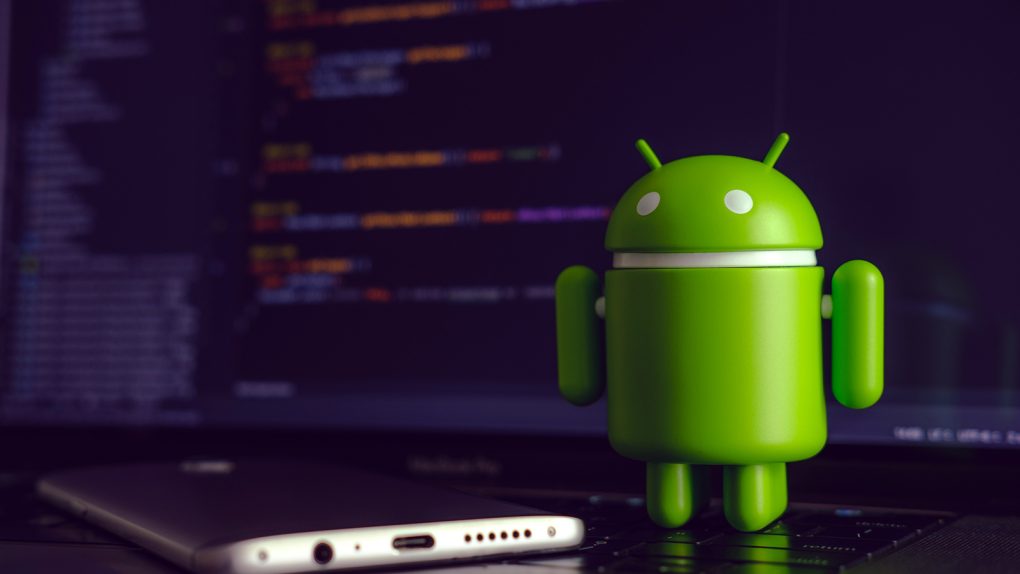The iPhone vs Android debate has become markedly less heated over the past few years, in large part because premium Android devices from the likes of Samsung and Google bring a lot to the table. And while Android manufacturers a few years back unabashedly copied every iPhone feature they could, it’s not uncommon these days to see Apple copy some Android features every now and again. Suffice it to say, the difference between an iPhone and a top of the line Android is smaller today than it’s ever been before.
That notwithstanding, there are still some serious advantages that come along with picking an iPhone over an Android, with device security being a glaring example. While Apple isn’t perfect, the control the company wields over the App Store ensures that malware and scamware apps are rarely able to sneak in. In stark contrast, more than 25,000 malware apps were uploaded to the Google Play store in 2019 alone, according to a mobile threat report from RisKIQ. If anything, it seems that we can’t go a single month without some report of the Play store being flooded with a variety of harmful apps.
Beyond app store malware, Android users typically don’t receive important security updates in a timely manner. And depending on the handset at issue, some Android users receive security updates a few months later than others.
As NordVPN notes, the openness and ubiquity of Google only exacerbates the problem:
The number of Android devices Google has to serve makes it virtually impossible to keep all of them updated to the same level of security and for the same amount of time and frequency. It also makes it harder to roll those updates out, as they have to be distributed across multiple manufacturers and devices. Updates come out less frequently and devices are supported for less time.
Even more jarring is the fact that some handset manufacturers have been caught skipping and sometimes lying about security updates.
Another simple security risk facing Android users is that most of them are still running antiquated versions of Android. In May of 2019, for example, nearly 25% of Android users were still running Android Lollipop — which was initially released in 2014 — or an even older mobile OS.
That said, even if Android security updates start coming in faster — and Google has made strides in this area — the fact remains that many Android users are still running incredibly old versions of Android. In stark contrast, 77% of iPhone users are currently running iOS 13, Apple’s most recent iOS update. Remarkably, iOS 13 adoption hit the 77% threshold just four months after its initial release.








